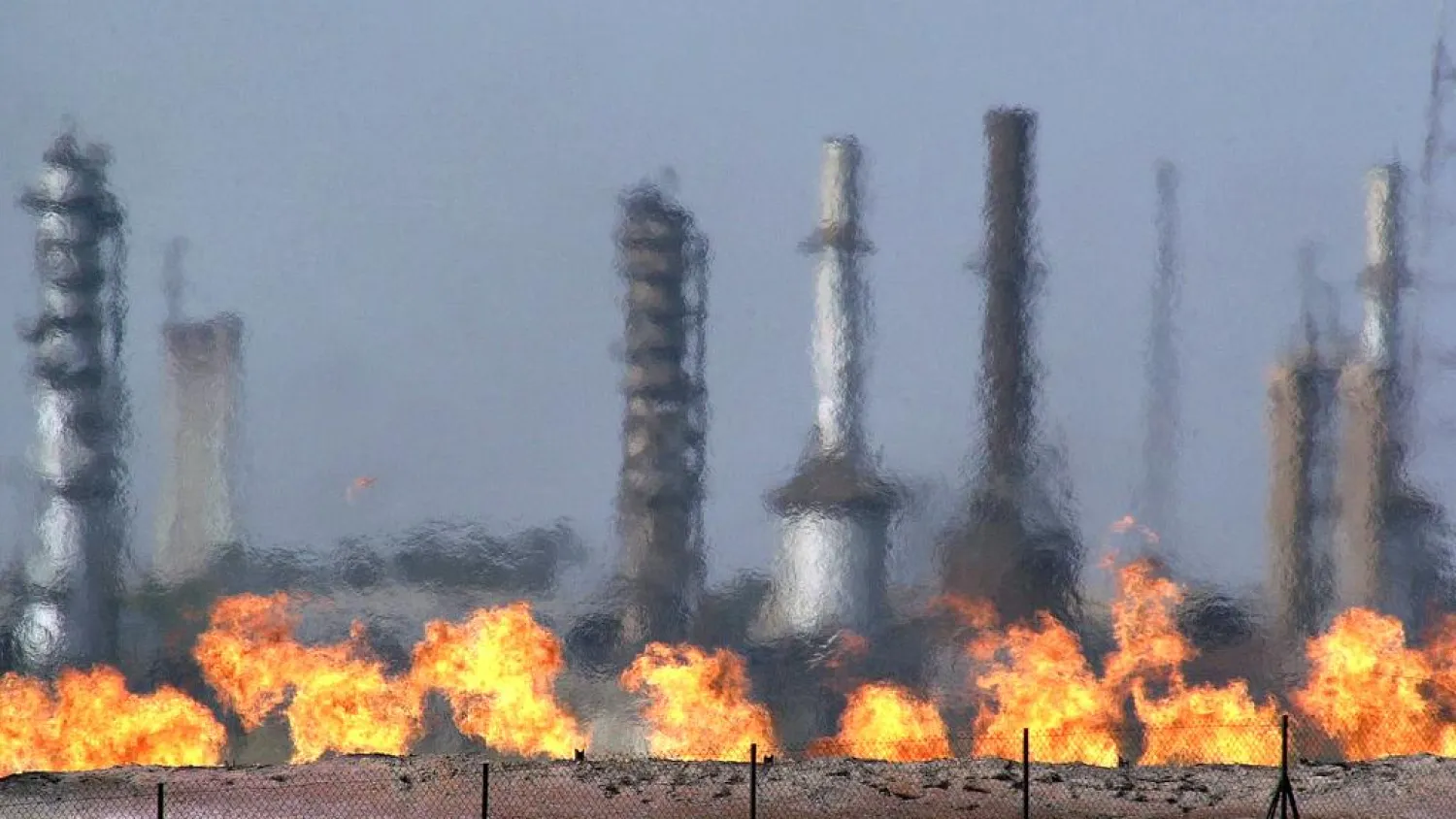Head of the Iraqi Turkmen Front Arshad al-Salehi called Kurdish forces in the Iraqi Kurdistan Region to dialogue to resolve the dispute over the oil-rich Kirkuk region.
The pro-Turkey figure invited the Kurds to hold talks with the Turkmen authorities to resolve the issue, because this was the best option to achieve justice for all sides.
“We are a side that is concerned with this file and resorting to others is futile,” he added.
Separately, the Iraqi Turkmen Front demanded the restructuring of the Kirkuk office of the Independent High Electoral Commission (IHEC) before it can start arrangement to hold provincial council elections in December.
Leading member of the Front Mohammed Samaan told Asharq Al-Awsat that the party will not allow the elections to be held in Kirkuk without the restructuring of the commission.
He cited the fraud allegations that marred the May parliamentary elections in Iraq and the ensuing manual recount of the vote.
Moreover, he said that the committee that was formed by Iraqi Prime Minister Haidar al-Abadi to investigate the massive fraud had ordered the sacking of the IHEC chief and a number of its members.
The Turkmen and Arabs in Kirkuk are “completely disappointed with what occurred during the parliamentary elections.”
They will not take part in the provincial council elections if the above-mentioned demands are not fulfilled, Samaan warned.
He said that the turnout could end up being as low as 20 percent, which cannot be ratified by the Supreme Court or enjoy the support of the international community.
Furthermore, he voiced concerns that the “Kurds may once again forge the elections results and seize six seats in the provincial council.”
“This will return us to square one and will be a repeat” of last year’s independence referendum and selling of Kirkuk oil without the approval of the federal authority, he added.
“We still do not know what happened to the billions of dollars of Kirkuk oil revenues that were reaped in the past years,” he said.
“If elections are imposed on us, then we will boycott them and resort to the international court,” he warned.
Meanwhile, Kirkuk MP and Patriotic Union of Kurdistan Ribwar Taha said that the date of the provincial elections was set by the Iraqi parliament.
He told Asharq Al-Awsat that all sides must respect this decision.
Addressing the Iraqi Turkmen Front’s fraud claims, he stressed that his party waged the May elections in spite of all of the challenges it was facing and it still won six seats in parliament.
“It proved to the local and international public that the Patriotic Union of Kurdistan enjoys wide support in Kirkuk,” he stated.
“The recount of the vote backs our claims,” he declared.









